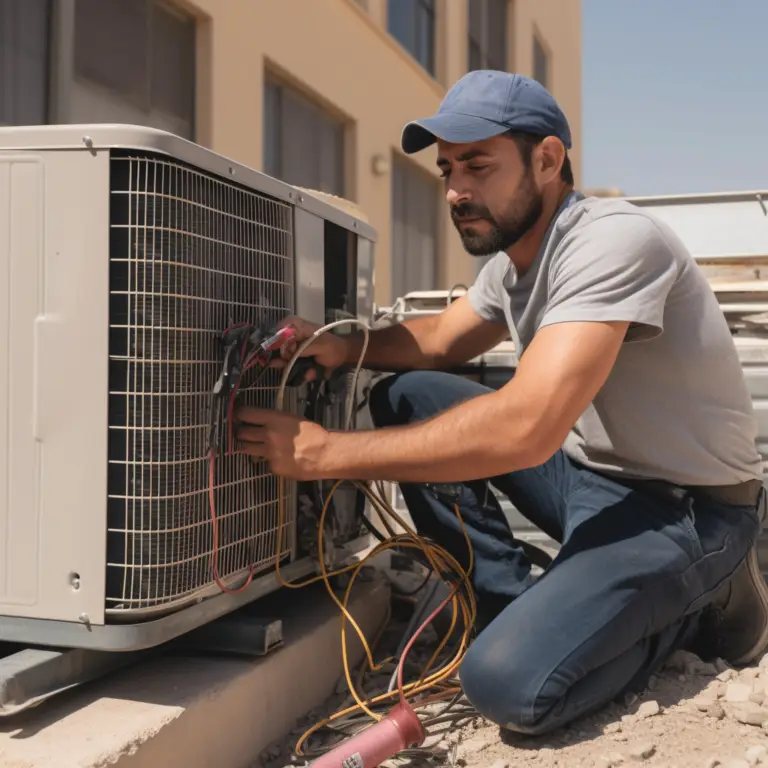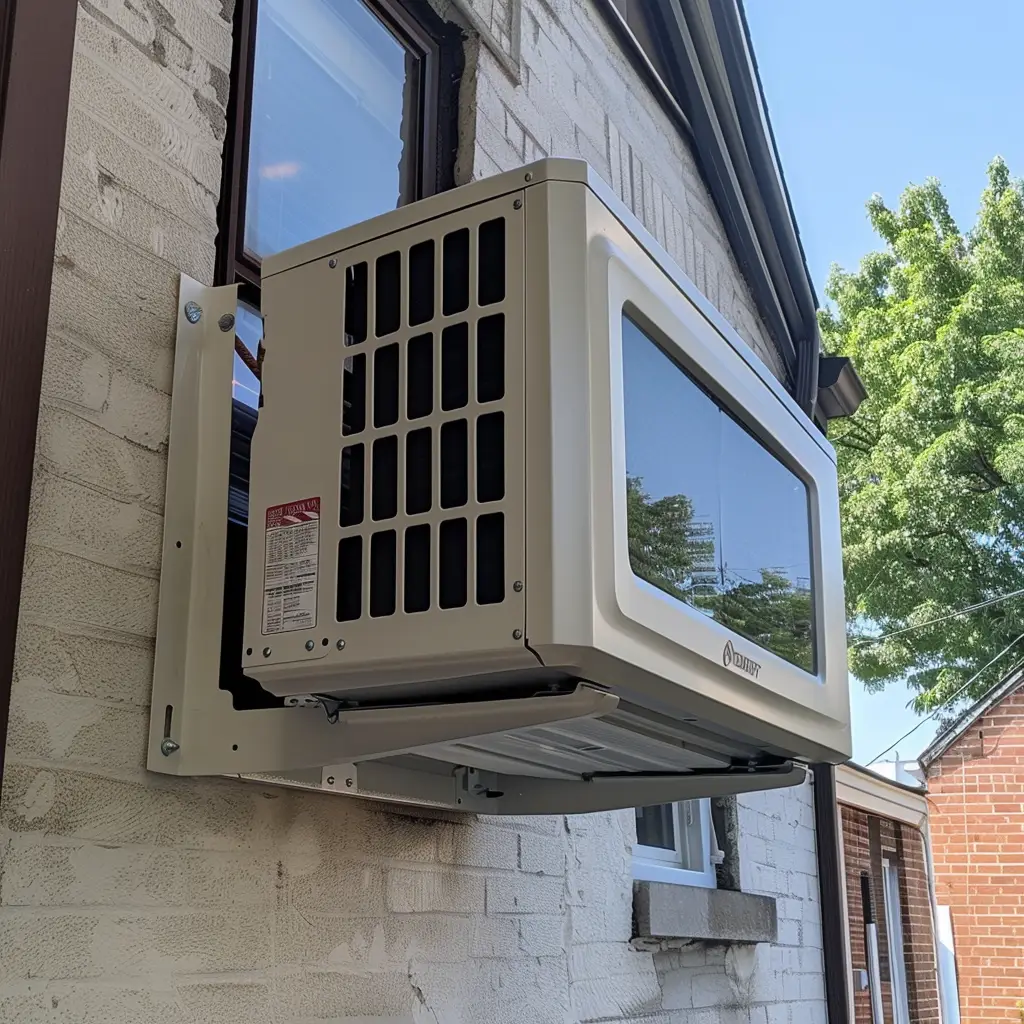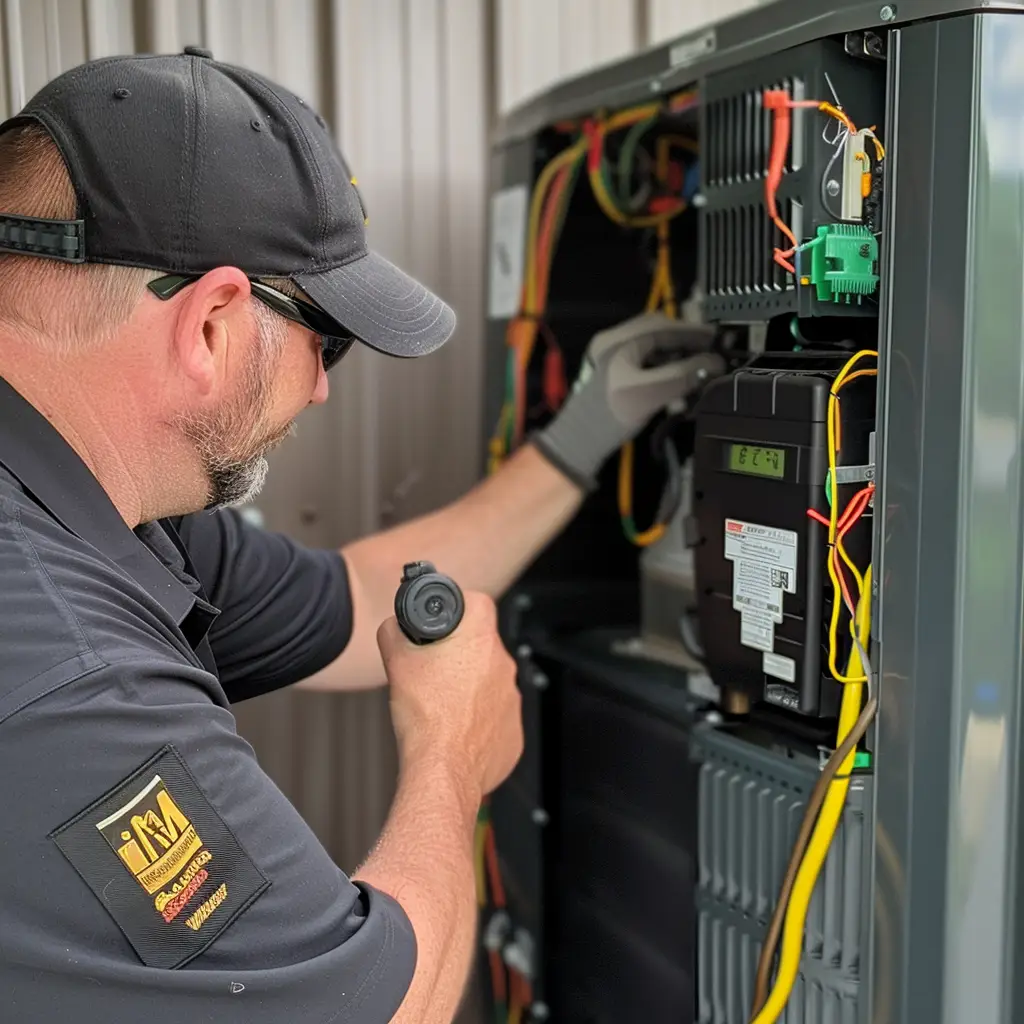In our quest to optimize comfort and energy efficiency in our homes, heating systems have evolved significantly. One such innovation is the Dual-Fuel Heat System. But what exactly is this system, and should you consider installing one in your home? Let’s delve into the topic.
Understanding Dual-Fuel Heat Systems
Definition and How it Works
A dual-fuel heat system is a home heating solution that utilizes two energy sources, typically a heat pump for mild weather and a gas furnace for colder temperatures. This system automatically alternates between the two, ensuring optimal comfort and efficiency. Isn’t that a great way to keep cozy and save on energy bills at the same time?
Advantages of Dual-Fuel Systems
The dual-fuel system brings along a number of perks. It’s all about providing optimal comfort, improved efficiency, and reducing those pesky energy bills. But wait, there’s more to it!
Primary Reasons to Opt for a Dual-Fuel Heat System
Energy Efficiency
The dual-fuel system takes energy efficiency to the next level. When it’s not too cold outside, the system uses a high-efficiency heat pump. But when temperatures drop, it switches to the gas furnace, offering a much higher heating capacity. Now, isn’t that the energy-efficient solution we’ve been waiting for?
Reduced Energy Costs
The dual-fuel system’s energy efficiency translates into reduced energy costs. When the heat pump is in operation, you save on gas, and when the gas furnace kicks in, you save on electricity. It’s like having the best of both worlds, right in your own home!
Environmentally Friendly
Dual-fuel systems, thanks to their high energy efficiency, also have a smaller carbon footprint compared to traditional heating systems. By choosing this, you’re not just taking care of your comfort but also doing your part for the environment.
Versatility and Comfort
One of the unique selling points of the dual-fuel system is its versatility. It provides optimal heating irrespective of the weather outside. Whether it’s mild or bone-chilling cold, you’re guaranteed comfort.
Factors to Consider When Choosing a Dual-Fuel System
Your Geographic Location
The efficiency of a dual-fuel system can depend on your geographical location. If you live in an area where winter is often mild, the heat pump will be more frequently in use, maximizing energy efficiency. However, if you live in a region with harsh winters, the gas furnace will be the dominant heating source.
Your Home’s Insulation
How well insulation your home is will affect the efficacy of your dual-fuel system. Proper insulation ensures that the heat produced by the system is well-retained, thereby reducing the frequency of switching between the heat pump and the gas furnace.
The Cost of Installation
The upfront cost of installing a dual-fuel system can be higher than a traditional heating system. However, the reduced energy costs can offset the initial investment over time. So, are you ready to play the long game?
Availability of Fuels
The availability and cost of fuels in your area is another critical factor. For a dual-fuel system to work optimally, both electricity and gas should be readily available and reasonably priced.
Making the Switch to a Dual-Fuel System
Installation Process
Installing a dual-fuel system can be a complex process and should be done by professionals. However, with the right team, the installation can be smooth and hassle-free. Remember, a well-executed installation can save you many headaches down the line.
Maintaining Your Dual-Fuel System
Once installed, a dual-fuel system needs regular maintenance to ensure its efficiency and longevity. This includes annual servicing, filter replacements, and periodic inspections of the heat pump and the gas furnace.
Wrapping Up: Is a Dual-Fuel System Right for You?
The decision to switch to a dual-fuel heat system can be a game-changer, providing optimal comfort, energy efficiency, and reduced costs. If you live in an area with fluctuating winter temperatures, have easy access to both electricity and gas, and are ready to make an investment for the long run, this could be the perfect heating solution for you. So, are you ready to embrace the dual-fuel revolution?
Trust AirPoint for Your Dual-Fuel System Needs
Making the switch to a dual-fuel heat system could be your game-changer for home heating, providing optimal comfort, energy efficiency, and reduced costs. As a Carrier factory authorized dealer and NATE certified company in Toronto, AirPoint guarantees exceptional service and technical expertise. Having been awarded the HomeStars Best of the Best 2023, with 5 stars on Google and HomeStars, we’re a trusted name in the industry. All our technicians are fully certified by TSSA, HRAI, and CSA. If you’re ready to embrace the dual-fuel revolution, AirPoint is here to guide your way.
To learn more about dual fuel HVAC systems, watch this video by HVACDirect
Frequently Asked Questions About Dual-Fuel Heat Systems
How does a dual-fuel heat system work?
A dual-fuel heat system utilizes a heat pump for milder temperatures and a gas furnace for colder weather. The system automatically switches between the two to provide optimal heating and energy efficiency.
Is a dual-fuel system more efficient than traditional heating systems?
Yes, a dual-fuel system tends to be more efficient as it uses the most appropriate energy source depending on the weather conditions, reducing overall energy costs.
Is a dual-fuel system environmentally friendly?
Yes, due to their high energy efficiency, dual-fuel systems often have a smaller carbon footprint compared to traditional heating systems.
What factors should I consider when installing a dual-fuel system?
Key factors to consider include your geographical location, the insulation of your home, the cost of installation, and the availability and cost of fuels in your area.
How often should a dual-fuel system be serviced?
It's recommended to have your dual-fuel system serviced annually for optimal efficiency and longevity.





